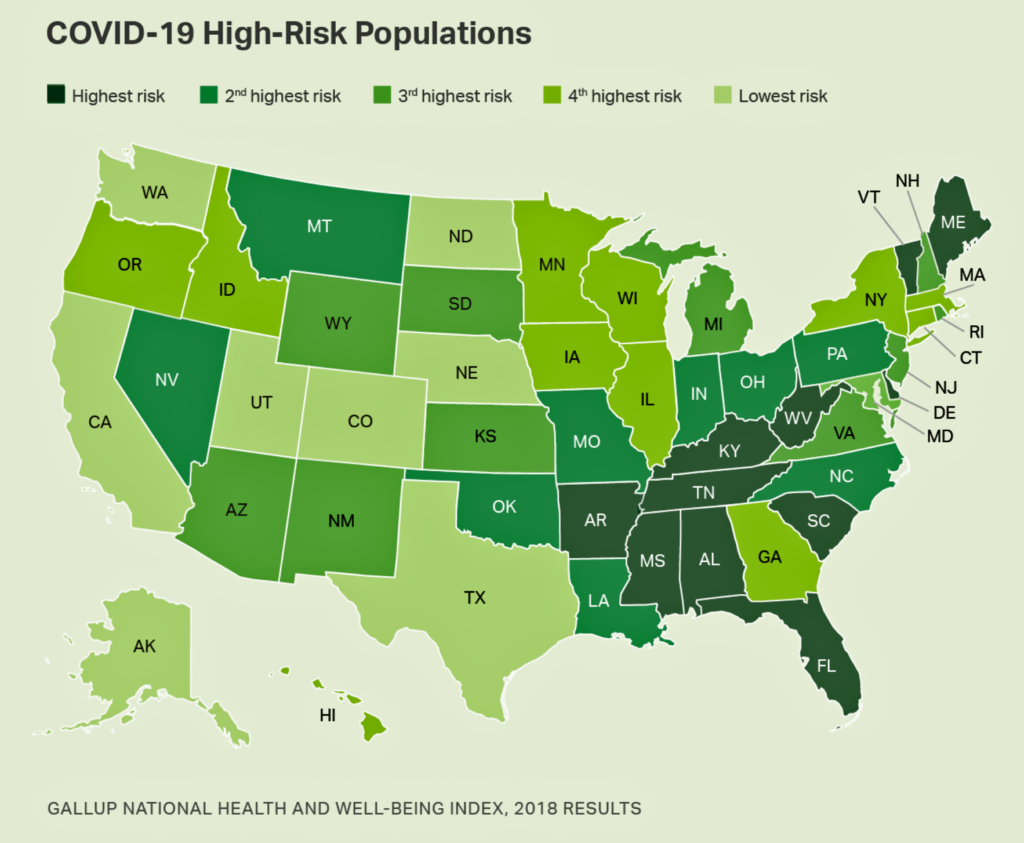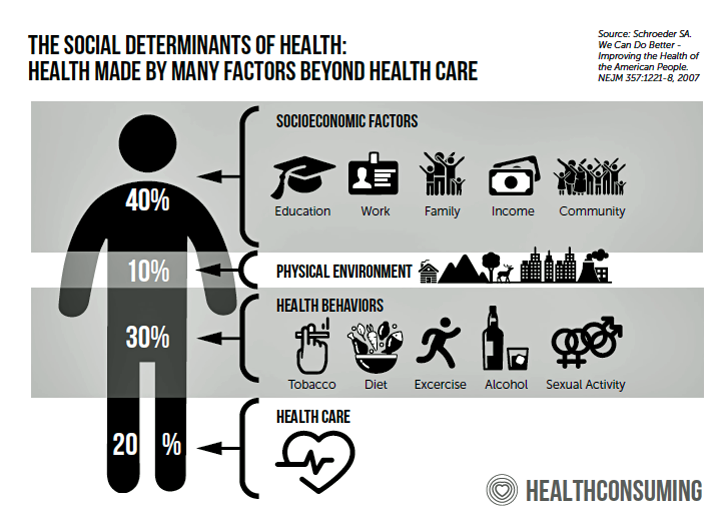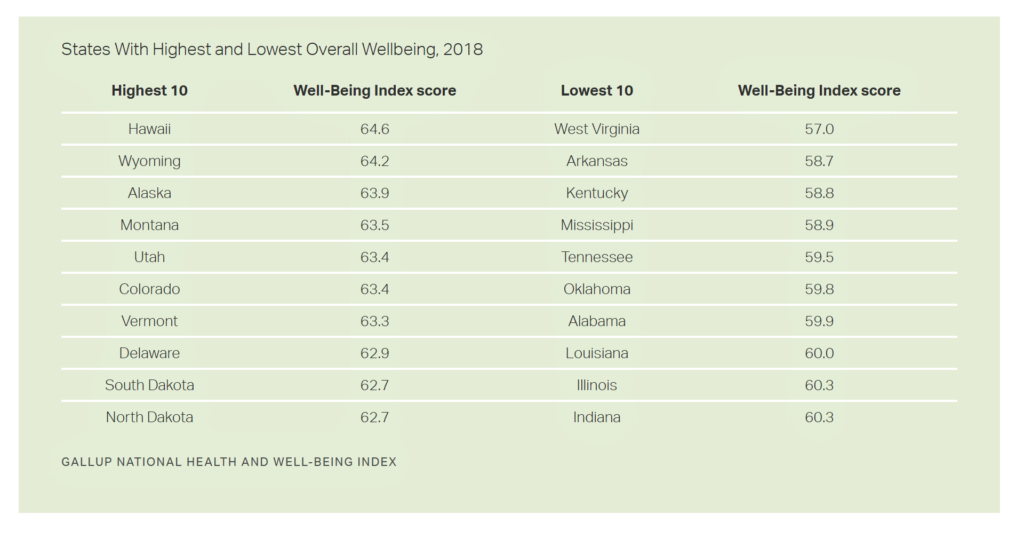 Gallup has estimated 11 Million in U.S. at Severe Risk If Infected With COVID-19 in research published today.
Gallup has estimated 11 Million in U.S. at Severe Risk If Infected With COVID-19 in research published today.
And the health citizens of West Virginia would be at greatest risk for having a severe reaction to the coronavirus.
A “severe reaction” here means being critically ill or dying.
The forecast doesn’t focus on the whole number of people in the US. who would be at-risk of contracting the coronavirus; the 11 million is the total number of Americans who have a “very high chance of becoming critically ill or dying” if 100% of the country were infected with C19.
This model considers the key risk factor of age in the coronavirus pandemic, which we’ve learned from the experience in countries like China and Italy. But the study also looks at chronic disease variables including heart disease, diabetes, cancer, and the risk factor of smoking.
Here’s the focus on West Virginia:
“A special analysis at the state level has also been carried out to assess the risk of severe reaction to a novel coronavirus infection. West Virginia was the 50th state 50th state to confirm a case of COVID-19 and had just 16 residents who tested positive as of March 23 — the lowest number in the nation, at the time. But, West Virginia also has the second-highest percentage of adult residents (48%) with at least one chronic COVID-19 risk factor, and has the third-highest percentage of residents aged 55 and older — making it the state with the highest risk of severe illness upon infection. West Virginia also has the fourth-highest smoking rate in the U.S., at 17.6%. So, if the outbreak were to begin to take hold and spread widely throughout the state, residents would be expected to be particularly vulnerable to the ill effects of infection.”
Gallup identified four other states having the highest C19 risks including Alabama, Arkansas, Mississippi and South Carolina.
 Health Populi’s Hot Points: For the past two weeks, I’ve focused posts here on Health Populi on C19’s impact on consumers, costs, and changing health, media and shopping behavior.
Health Populi’s Hot Points: For the past two weeks, I’ve focused posts here on Health Populi on C19’s impact on consumers, costs, and changing health, media and shopping behavior.
Today’s post zeroes in on one of the fifty U.S. States, West Virginia, underpinned by a macro-theme that’s been a mission and content area for my client work over the past several years: the importance of the social determinants of health (SDoH).
“Your ZIP code is more important than your genetic code,” goes the mantra which by now is well-embraced by U.S. health plans and providers. Those factors baked into one’s neighborhood are in our socioeconomic status — education, work and job, family life, incomes, sense of connectedness — and in our physical environments where clean air, clean water, safe streets all impact our overall health and well-being. Broadband connectivity is also a new social determinant of health, as I’ve been evangelizing for several years.
 In the case of West Virginia, the state falls low on many assessments of well-being including Gallup’s own Well-Being Index.
In the case of West Virginia, the state falls low on many assessments of well-being including Gallup’s own Well-Being Index.
Here’s the table from Gallup’s latest Index published in February 2019 showing the state of West Virginia in the right-hand column, with the lowest score of well-being among the lowest 10 states for health in America.
Remember that West Virginia was the last state in the U.S. to identify its first C19-positive patient.
Furthermore, the states’ health citizens topping the list of those carrying the highest risk for severe reaction to the coronavirus.
As the White House is proposing to identify county-by-U.S.-county in terms of risk for social distancing and places to relax the policy, understanding health risk beyond the immediate COVID-19 surface will be crucial. We can’t see below the C19 transmission iceberg without data, which is in short supply like ventilators across America.
